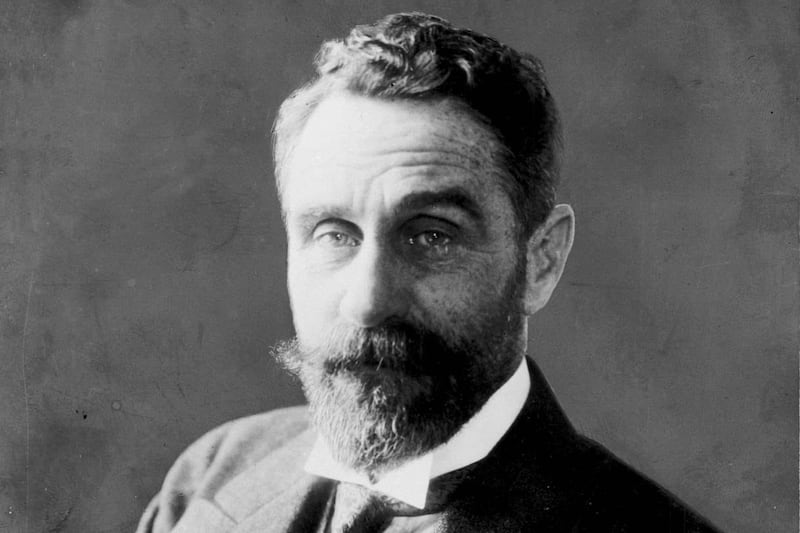The group which commemorates Roger Casement and call for his remains to be re-interred in the north are hoping that this weekend’s annual ceremony at Casement Park will be the last before construction on the new stadium gets underway.
Saturday marks the 108th anniversary of the execution of the diplomat at London’s Pentonville Prison for his role in planning the Easter Rising.
The Roger Casement Commemoration & Re-interment Association will hold its annual wreath laying event at the west Belfast GAA ground that bears the nationalist icon’s name.

Members hope that Saturday’s ceremony will be the final gathering at the current site before the long-awaited redevelopment of Casement Park gets underway.
Hopes remain that British government funding will be secured to build it in time to host Euro 2028 matches, though the clock is ticking for the project - also funded by the GAA, Stormont and the Irish government - to get underway.
The Commemoration & Re-interment Association’s chair, Alan Daly, said that if ground is broken in the months ahead, the coming years will see their events moved from Casement Park to nearby St Agnes’ Parish Hall, the temporary home of the Casement Park Social Club.
“Saturday will be a poignant event for us, as we hope it will be the last time we gather at the mural of Roger at Casement Park for a number of years,” Mr Daly said.
“We hope that the next time we gather there, it will be in a brand new stadium, in which the legacy of the man for whom it is named will be a key feature for visitors.”
Next week will see the group hold another annual commemoration event at Murlough Bay in Co Antrim, where Dublin-born Casement spent part of his childhood and said he wished to be buried in a letter written to his cousin days before he was hanged.

He was initially buried in Pentonville Prison before a deal was later stuck in 1965 between the British and Irish governments for his remains to be returned to Ireland, and he was buried at Dublin’s Glasnevin Cemetery following a state funeral.
It was reported that then-Prime Minister Harold Wilson only backed to the deal if it was agreed Casement’s remains would not be buried in the north over fears it could spark “Protestant reactions”.
Last weekend saw the Commemoration & Re-interment Association hold their annual gathering at Pentonville Prison, where Casement was hanged at the age of 51 following his treason trial.







